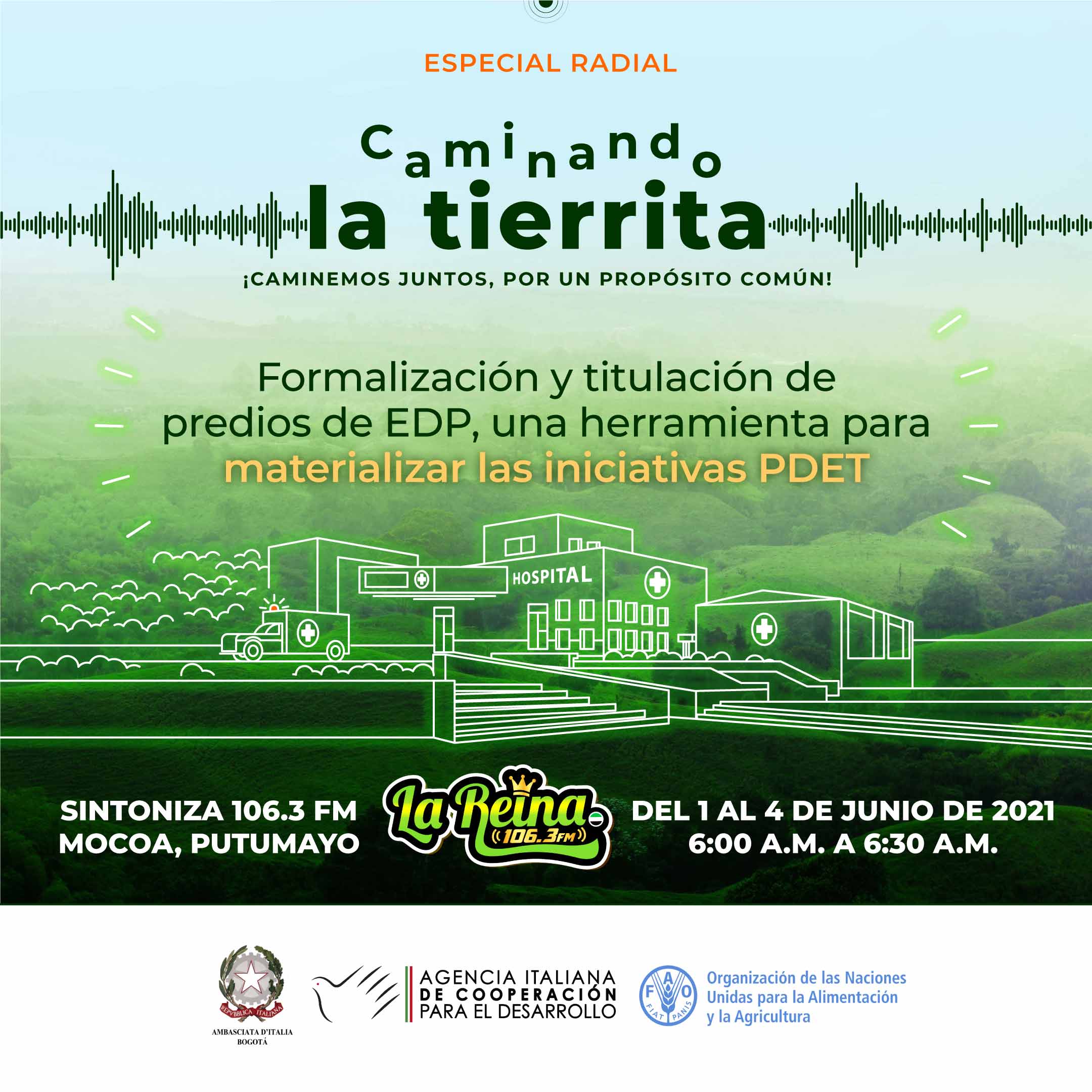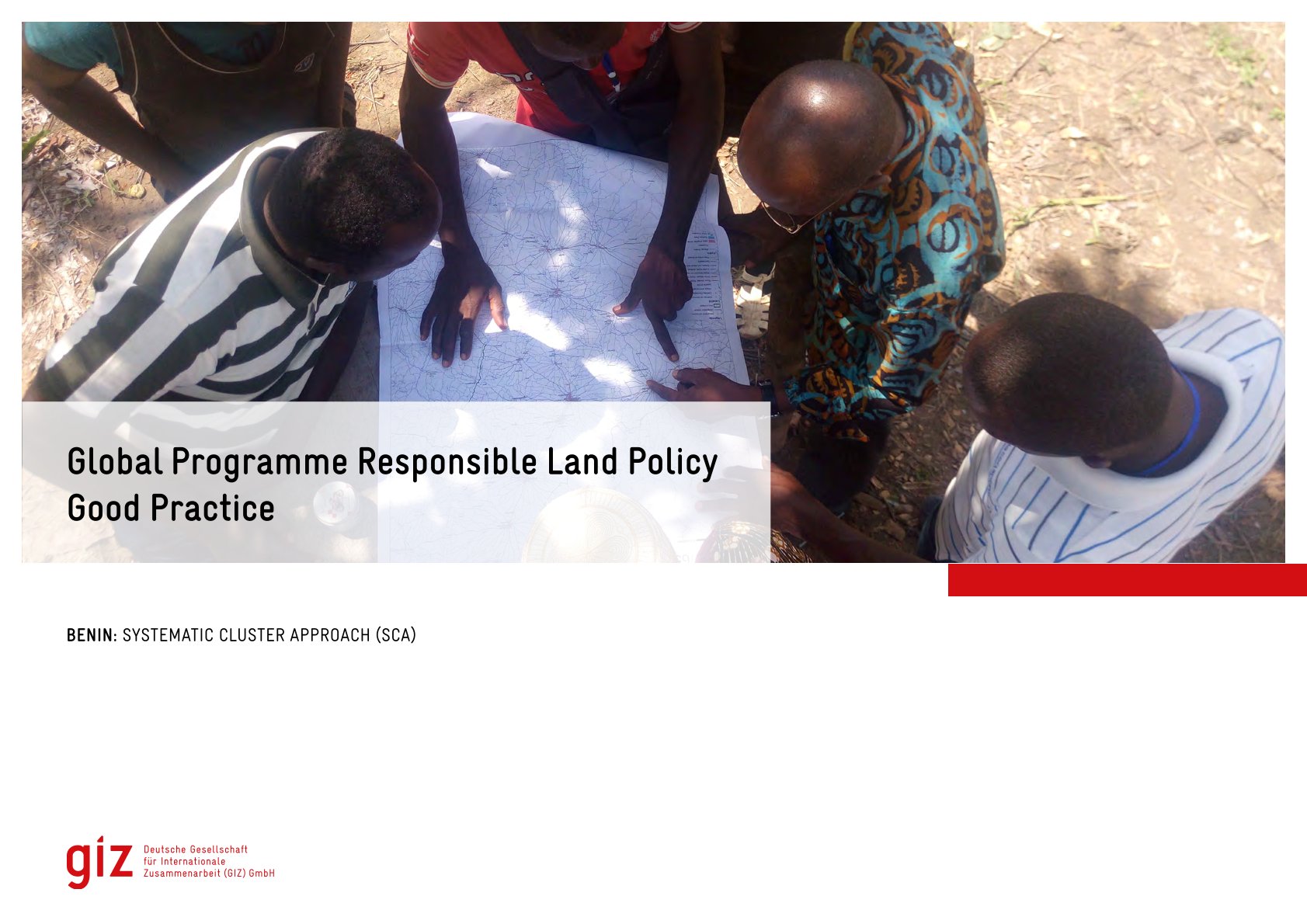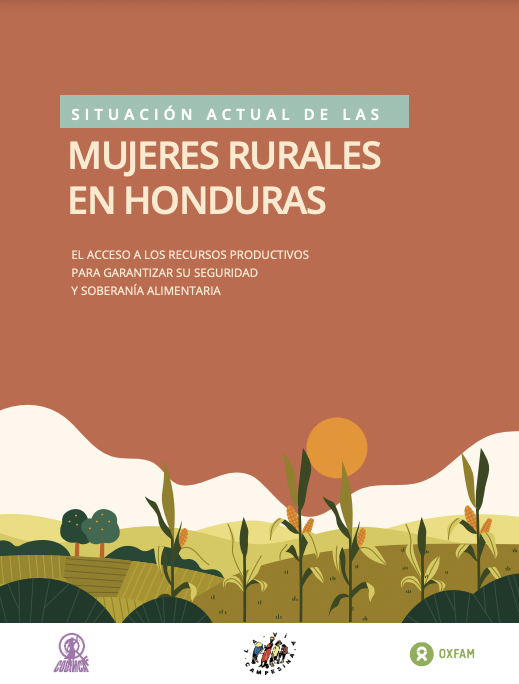No ordinary matter: Conserving, restoring and enhancing Africa's soils. A Montpellier Panel report, December 2014
In sub-Saharan Africa, an estimated 65 per cent of soils are degraded, and unable to nourish the crops the chronically food insecure continent requires. Poverty, climate change, population pressures and inadequate farming techniques are leading to a continuous decline in the health of African soils, whilst the economic loss is estimated at USD 68 billion per year. Conversely, better land management practices could deliver up to USD 1.4 trillion globally in increased crop production – 35 times the losses.





